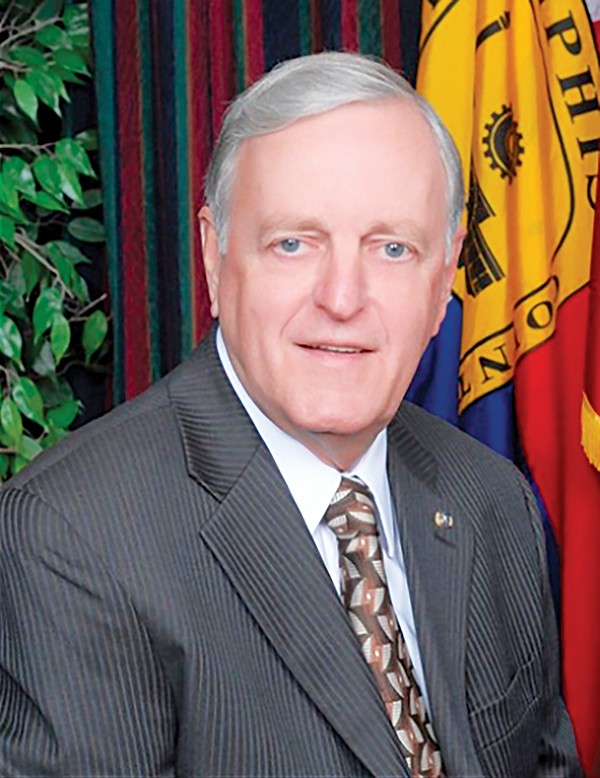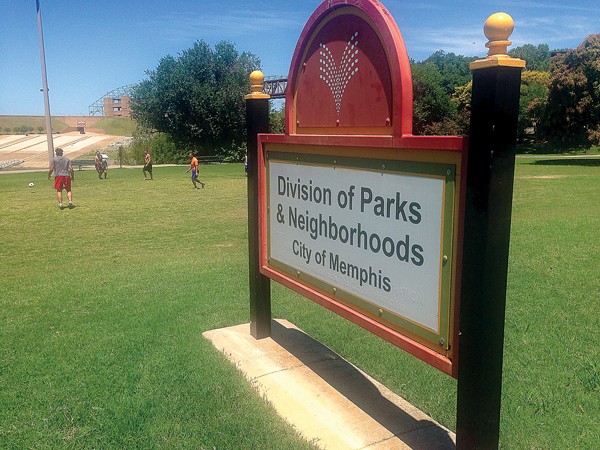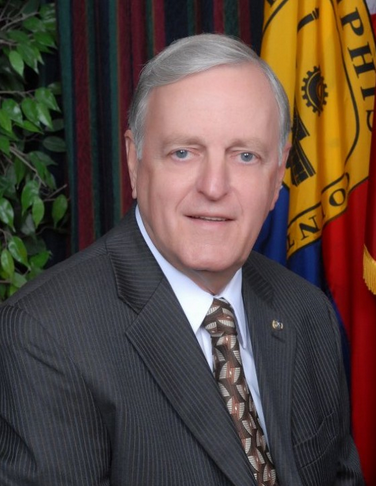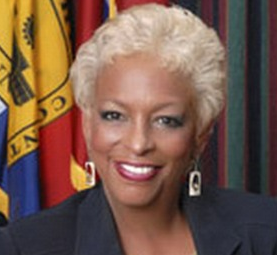The probable lineups for various races in the forthcoming Memphis city election have been set for so long — most of them long before last week’s filing deadline — that it was interesting indeed to see some surprises develop before the stroke of noon on Thursday.
• There were no real surprises in the mayor’s race. It remains the case that of the 12 candidates who qualified, only four can be considered viable: incumbent Mayor A C Wharton, Councilmen Jim Strickland and Harold Collins, and Memphis Police Association head Mike Williams. Wharton and Strickland are, at this point, in the first tier all by themselves.
In any case, the four mentioned candidates, by a general consensus, seem to have been settled on as the four contestants in a series of forthcoming forum/debate events, though all mayoral candidates and candidates in other races, for that matter, have been invited to Thursday night’s Sierra Club environmental forum at the Benjamin L. Hooks Central Library.
There was a genuine surprise in the council District 2 race, however: Frank Colvett‘s last-minute entry after the unexpected withdrawal of incumbent Bill Boyd presents voters with a likely showdown between party-affiliated entries. Colvett, president of GreenScape in Memphis, a custom design firm, is a longtime Republican activist who has served as state party treasurer and has been an active member of the Northeast Shelby Republican Club. He has already lined up backing from several GOP heavyweights.
His major opposition will probably come from newcomer Rachel Knox, who made a name for herself as an audience participant in Memphis City Council debates, especially on behalf of employees facing reductions in their benefits. Knox seems to have solid backing from Democrats, both grassroot and establishment, and is riding a wave of recent fund-raisers, but District 2 traditionally favors Republicans.
There are three other candidates in the race: Detric Golden, who switched from the mayor’s race; Jim Tomasik, who has run partisan races as both a Republican and a Libertarian, and this time is running on a de-annexationist ticket; and Marti Miller.
• Despite the up-to-the-brink aspect of it, there was no great surprise in the filing-day withdrawal of Justin Ford from the mayor’s race. Virtually from the moment of his first announcement, the youthful Shelby County Commission chairman had deported himself less like a real candidate and more like someone exploring the best way to maximize his name identification without committing himself to the serious effort of a campaign. In the vernacular of sport, Ford never made a football move.
The question is, does Ford’s switch to the race for city court clerk mean that a real race can be expected of him for that office? That race already features quite a few name players. Besides one Thomas Long, son of the incumbent, there are Shep Wilbun, a former City Council member and Juvenile Court clerk who has kept his name active; Wanda Halbert, who is just coming off a relatively long incumbency on the council; and, in what may be the real surprise in this race, Kay Spalding Robilio, who was a Circuit Court judge for a quarter century before resigning from the bench last year.
The clerk’s race is a winner-take-all, so even someone like the relatively unknown William Chism Jr., whose last name — a familiar one in local politics (Democrat Sidney, Republican George) — got him the Democratic nomination last year for Probate Court clerk, can hope for a lottery-like score.
• Did the district attorney general’s office stonewall a request by veteran political figure and twice-convicted felon Joe Cooper to have his citizenship rights restored in time to file for the Super District 9, Position 2 seat? Cooper alleges that is the case, and both the D.A.’s office and the state of Tennessee seem to have corroborated their opposition officially in responses to recent court hearings.
In any case, the D.A.’s office professed not to be able to have an attorney present for a hearing on Cooper’s case before Judge Robert Childers in Circuit Court early last week, and Cooper was forced into the expedient of seeking an injunction in Chancery Court for a stay on the filing deadline that would apparently have applied to all candidates in all races.
At that Thursday hearing, not two hours before the filing deadline, Chancellor Jim Kyle told Cooper that he could not rule on the case unless Cooper had actually filed a petition that had been denied. Subsequently, Cooper paid his filing fee at the Election Commission and submitted a petition that had two signatures, 23 less than the 25 required. It will be up to the Election Commission to rule on its admissibility.
Cooper has been campaigning, one way or another, for months. He had engaged professional consultants and had begun putting up campaign signs. To the question of why, in all this time, he hadn’t bothered to acquire at least 25 signatures on a qualifying petition, he answers to the effect that the state had advised him he could not legally do so before having his rights restored. And, for whatever reason, his court challenge on that point waited until very late in the game, indeed.
Though Cooper was talking of strategies ranging from a crash campaign to present signatures to the Election Commission to the launching of appeals to the state attorney general’s office or to the U.S. Justice Department, he acknowledges that his chances of getting anywhere, at least for this election season, seem remote.
Meanwhile, state Representative G.A. Hardaway is working on a long-range solution to problems of this sort. Hardaway, who made it clear he was not endorsing Cooper but had made himself available as a potential witness for Cooper in Circuit Court, said he would file legislation in the 2016 General Assembly that would automatically restore a convicted defendant’s citizenship rights upon completion of his sentence, putting the burden of subsequent challenge on the state. Even without Cooper, the Super District 9, Position 2 race will not lack from drama. IBEW union leader Paul Shaffer will have significant support from Democrats, while the well-funded Philip Spinosa can count on solid backing from Republicans. Two former School Board members, Stephanie Gatewood and Kenneth Whalum both have appealed to existing, somewhat diverse constituencies. And the two remaining candidates, Tim Cook, who has some name recognition from previous races, and Lynn Moss, who is running on the same de-annexationist platform as Tomasik in District 2, can hope that lightning will strike in this winner-take-all race, which as an at-large position, has no runoff.
Other city races will be briefly previewed next week.
Two memorial events highlighted the weekend. On Saturday, former President Bill Clinton delivered a eulogy for Circuit Court Judge D’Army Bailey before a large crowd at Mississippi Boulevard Baptist Church. In his remarks, Clinton paid tribute to Bailey’s chief creation, the National Civil Rights Museum, as an institution whose power would never die.
Clinton concluded with these words: “This man was moving all his life. … He moved. To the very end he moved. And God rest his soul.”
A smaller ceremony was held Saturday at the chapel of Elmwood Cemetery for Pierre Kimsey, producer of several well-watched public affairs programs at WKNO-TV, including Behind the Headlines. One of the features of that event was the showing of several Emmy-winning feature shorts produced and directed by Kimsey.

 Toby Sells
Toby Sells 
